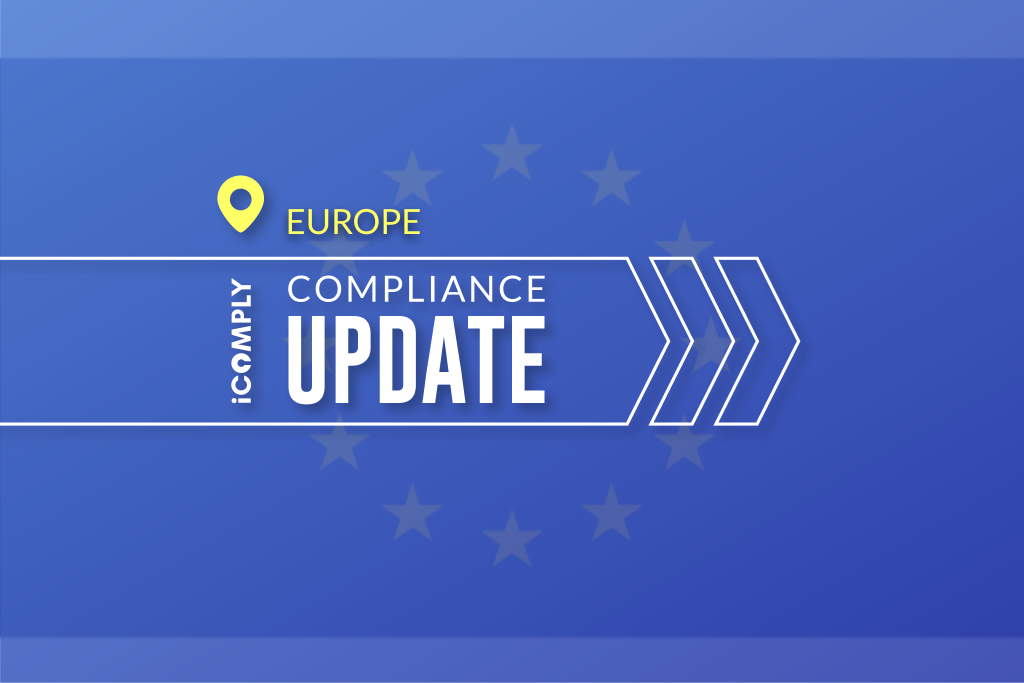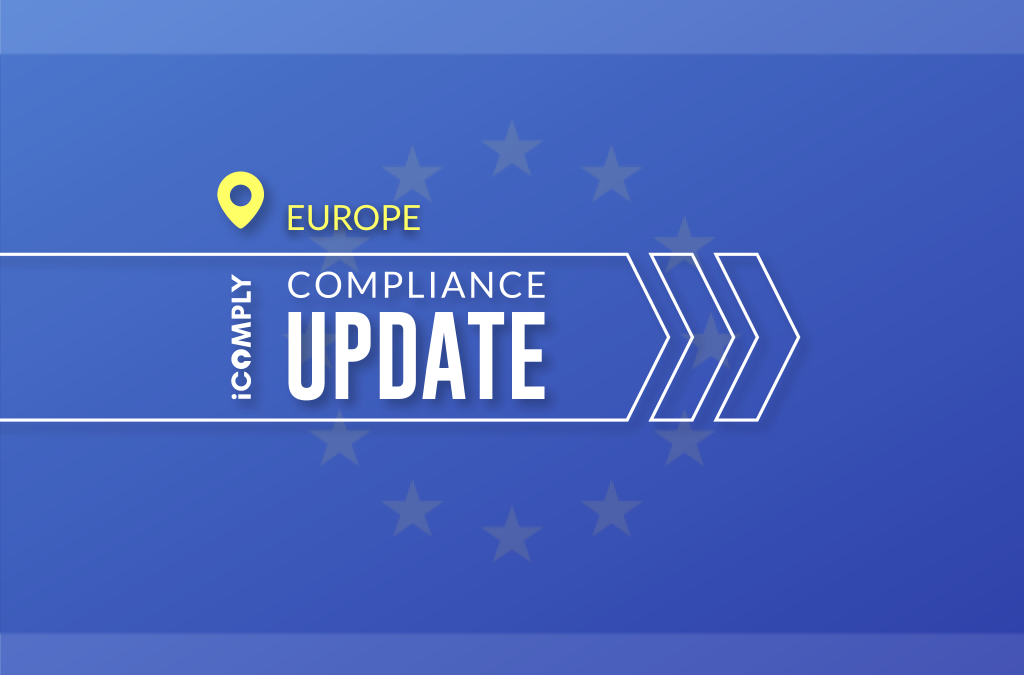European Union Blacklists Non-Cooperative Tax Havens

What Happened?
February 28, 2020: The European Union blacklisted four additional jurisdictions–Cayman Islands, Panama, Seychelles, and Palau. The EU list of non-cooperative jurisdictions helps member states deal more robustly with countries that encourage abusive tax practices.
Source: https://www.consilium.europa.eu/en/policies/eu-list-of-non-cooperative-jurisdictions/
Who Is Impacted?
Businesses engaged in transactions with entities (individuals, organizations, or governments) based in, or operating through, the listed jurisdictions.
Why This Matters?
Entities operating in or through blacklisted countries will have increased difficulty accessing funding programs. Private capital transactions may be subject to significant withholding taxes, and companies operating in or through these jurisdictions must implement additional compliance measures.
What’s Next?
Effective January 1, 2021, EU member states will be required to implement measures for any transaction with entities based in Grand Cayman, Seychelles, Panama, and Palau. Member states are required to implement at least one of four tax measures before this date. Tax measures can include withholding tax on any funds sent to the listed jurisdiction, enhanced AML screening requirements for foreign beneficial ownership and control, and restrictions on tax deductions.
The targeted jurisdictions will have to demonstrate cooperation with the EU in the form of changes to corporate ownership and tax transparency. The EU blacklist of non-cooperative jurisdictions is updated twice a year; the next update will occur in October 2020.
Investors based in the EU can remain invested in funds based in listed jurisdictions–such as the Cayman Islands, a major offshore hotspot for U.S. institutional investors. However, new transactions may be subject to additional reporting, withholding tax (which can drastically increase the cost of making an investment), or other measures which may vary significantly between EU member states.
Compliance teams should review their obligations to identify all related parties under the EU Mandatory Disclosure Regime (DAC 6). For example, any payment involving an entity related to an entity in the Cayman Islands may need to report the activity to the “home country” within 30 days as per DAC 6. Reporting requirements are expected to take effect as of July 1, 2020.
For online financial service providers in the EU, KYC onboarding tools must be able to distinguish between entity types, such as natural persons vs legal or incorporated entities. Corporate onboarding tools should be tested to ensure they can accurately identify and verify related parties–such as everyone with control or beneficial ownership in the company–involved in the transaction. Where a transaction has a related party operating from or through this jurisdiction, enhanced due diligence and government reporting may be required.
learn more
Is your AML compliance too expensive, time-consuming, or ineffective?
iComply enables financial services providers to reduce costs, risk, and complexity and improve staff capacity, effectiveness, and customer experience.
Request a demo today.
Protecting Digital Assets with KYC
Are your KYC protocols set up to protect your customers and your digital assets? With the digital world constantly evolving and new assets entering the market, ensuring that your due diligence and identity verification platforms are up to current regulations is...
Common Challenges Facing KYC Protocols
Do you have the right processes and protocols in place to protect against fraud, money laundering, and the many other risks that come with operating in today’s market? Know Your Customer and Customer Due Diligence, otherwise known as KYC and CDD, play a major role in...
How KYC Protocols Build Customer Trust
If you’ve followed along on any of our previous KYC blogs or are a subscriber of our Regwatch newsletter, you know just how important it is to stay on top of evolving KYC, AML, CFT, and CDD legislation. With criminal activity and fraud becoming increasingly complex,...




